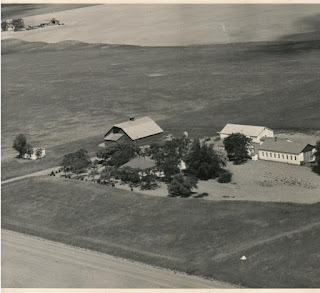The Superpower of Books
Yolanda pulled a pen out of her purse and grabbed the only paper she could find—a brown grocery sack. She rapidly filled in as many details she could recall of where she’d last seen the missing necklace. Its value was beyond the diamonds and rubies strung along the solid gold chain—this was an antique treasure of the Carmichael family.
Josie had casually showed it to Yolanda and several other friends after school. They’d stopped by Josie’s house for a snack and as they talked about dresses and jewelry, Josie invited the girls upstairs. In her parent’s huge master bedroom, behind a hanging mirror was a button that Josie touched.
Hearing a click behind them, the girls turned and watched Josie open a small safe they hadn’t seen before, or was it there and Yolanda missed it because she was watching Josie at the mirror?
Either way, the safe was opened, and inside was a sparking gold necklace adorned with ten alternating diamonds and rubies. The girls all stepped closer and each had a turn trying it on.
Sounds from downstairs caused Josie to grab the necklace and hurry the girls out of the room, while she put things back as they had been.
Only now, a day later, the necklace had been reported stolen.
“Time!” Mr. Winter said sternly, “Pencils down.”
Mine was already down because I’d finished that portion of our standardized test a few minutes earlier. We’d been told if we finished early, we could read our book. Thus, the story of a missing heirloom necklace got me through fourth grade testing that year.
I wasn’t a stellar student. My cursive penmanship was “sloppy” according to my teacher. My math scores were just above failing. Calling me a slow learner would have been true—but the annual testing made it official.
But that year’s testing gave me an unexpected gift. Mrs. Martin, the school librarian, handed me a book to read for those times in between tests. Little did I know I could escape my “slow learner” label, and become Yolanda, the girl who eventually found the missing necklace.
In June, I carried home a dismal report card, but books would soon change that. As Harvard president Charles W. Eliot once said, "Books are the quietest and most constant of friends; they are the most accessible and wisest of counselors, and the most patient of teachers.”
Indeed, they were, and still are.




